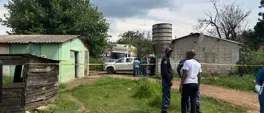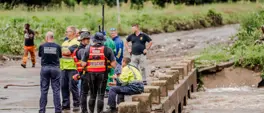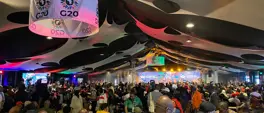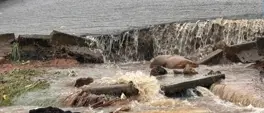Tshwane Municipality says deteriorating water infrastructure forced it to spend R450m a year on water tankers
Thabiso Goba
22 July 2024 | 16:06The tankers are used to provide clean water to communities where there is no access to water or the water is unsafe for human consumption.
JOHANNESBURG - The Tshwane Municipality says deteriorating water infrastructure has forced it to spend about R450 million a year on water tankers.
The tankers are used to provide clean water to communities where there is no access to water or the water is unsafe for human consumption.
It’s been over a year since a cholera outbreak broke out in the capital city, killing over 20 people and bringing a sharp focus to its water woes.
ALSO READ:
• Tender process delay sees Hammanskraal residents' wait for clean water continue
• Cash-strapped Tshwane pays R8m a month for Hammanskraal water tankers - report
Municipalities in South Africa have a constitutional obligation to ensure all its residents have access to clean, safe drinking water.
In the latest Blue Drop report, only one out of eleven of Tshwane Municipality’s water sources are rated to be in good condition while the rest range from average to very poor.
Tshwane Mayor Cilliers Brink said that water tankers filled the clean water gap while the municipality worked on fixing its infrastructure.
"So on a whole, the City of Tshwane, like many other municipalities in the country, spends too much on water tankers because, in many instances, the systems that should deliver water in people’s taps have broken down or [been] sabotaged."
Brink said that the municipality was working to ensure water tankers were a contingency measure and not a permanent source of water supply.
Get the whole picture 💡
Take a look at the topic timeline for all related articles.
Trending News
More in Local
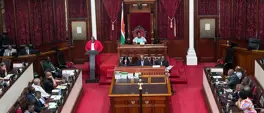
22 December 2025 18:36
MKP and EFF members suspended after motion of no confidence vote chaos

22 December 2025 17:16
Two arrested in connection with murder of media personality DJ Warras
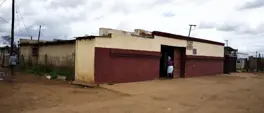
22 December 2025 15:50
Calls for SANDF intervention in Bekkersdal amid claims of police complicity with illegal miners




